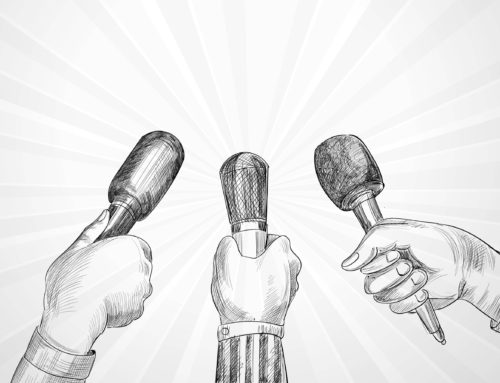
What better time than Valentine’s Day to talk about sex ed? It can be an especially complicated topic for parents who have adolescent, teen, or young adult children with I/DD, but as all people are sexual beings with the right to date, marry and nurture sexual relationships, understanding sex and sexual health is of critical importance.
YAI has a great intro that lays the groundwork for discussion. It notes that “too often people with intellectual and developmental disabilities [I/DD] are unable to pursue sexual relationships, mainly because stereotypes deem them asexual or too deviant.”
It goes on to say that only three states in the country have laws that mandate sex education for people with I/DD. New York, it writes, “does not mandate schools to teach sex education.” This is a travesty.
I’ve pulled together some guides that you might find helpful when discussing and teaching sex ed and sexual health, and there are plenty more out there as well.
The National Council on Independent Living (NCIL)’s project to help people with I/DD learn about sex is a 10-video series (to be seen in any order) that discusses, among other things, what sex is; what gender is; what a healthy relationship looks like; how someone can get pregnant; and how to protect yourself against sexually transmitted diseases and infections.
The Kennedy Krieger Institute in Baltimore offers a guide with links to sexual health and IDD resources. The list is vast, and ranges from age-appropriate animated videos for adolescents ages 10 to 14 via amaze.org; and a guide, via the University of California, San Francisco, “Our Sexuality, Our Health: A Disabled Advocate’s Guide to Relationships, Romance, Sexuality and Sexual Health.”
Oregon Health & Science University‘s “Sexual Health Equity for Individuals with Intellectual and Developmental Disabilities (SHEIDD)” offers great resources for holistic sexual health education.



